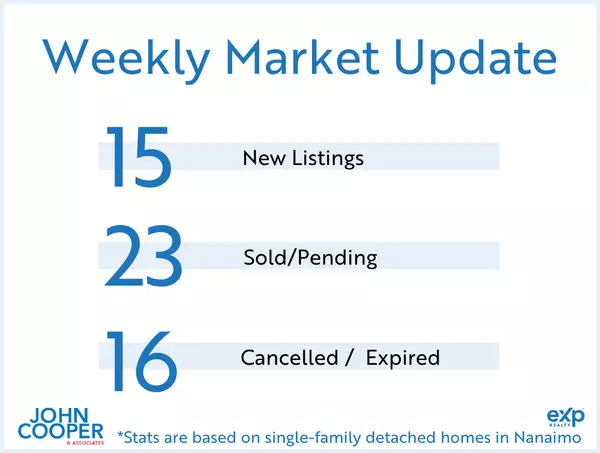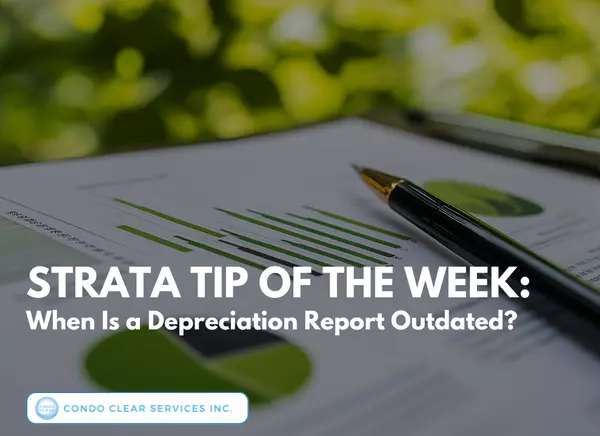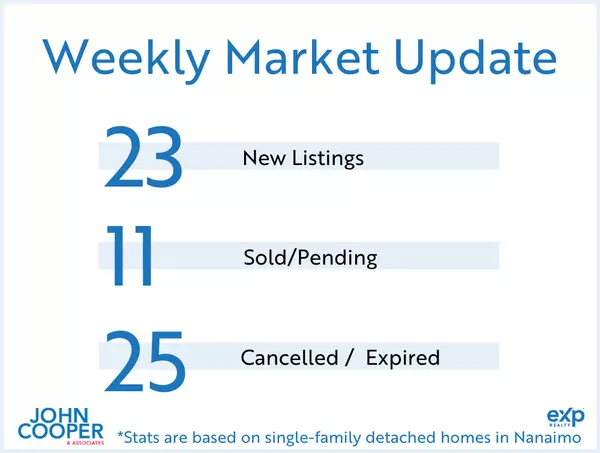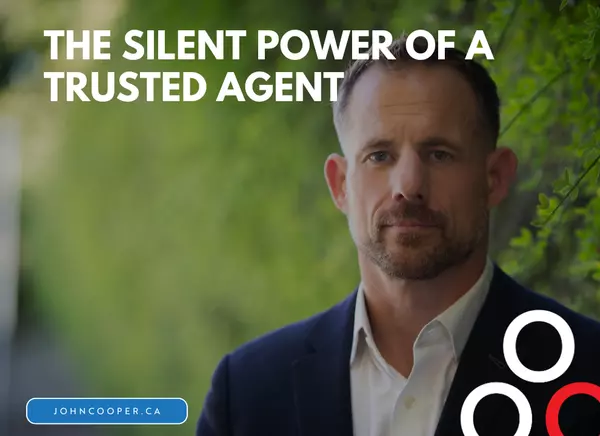Disclaimer: The information provided is for general purposes only. It is not intended to provide legal advice or opinions of any kind. No one should act, or refrain from acting, based solely upon the materials provided, any hypertext links or other general information without first seeking appropriate legal or other professional advice.
A little about Condo Clear:
They are a fully licensed brokerage under the BCFSA, and carry Errors and Omissions (E&O) insurance.
They have been in business since 2017 and have completed over 3,000 strata reviews to date province-wide.
Their Review Advisors have firsthand knowledge and experience. They’ve all been practicing strata managers.
A little about Condo Clear Services:
FAQs: How do Condo Clear’s services work?
Pricing: How much do Condo Clear’s services cost?
Learn More: https://condoclear.ca/



















